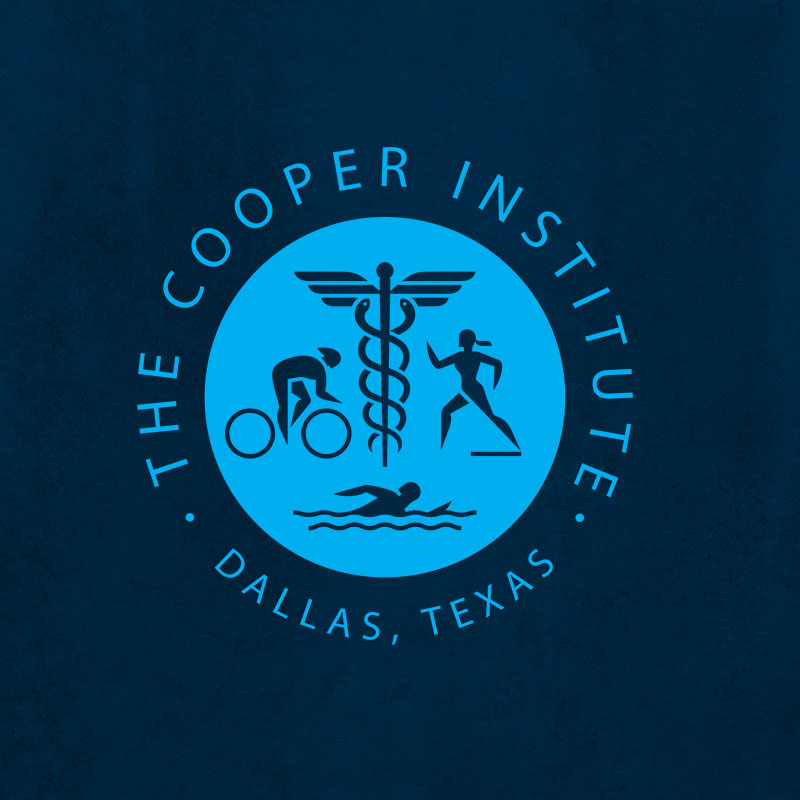
Strength
Does Your Ability To Do Pushups Predict Cardiovascular Risk?
Nowadays, just about everyone who is health conscious knows that cardiovascular disease (CVD) is the leading cause of death in the U.S. for both men and women. Examples of CVD events are heart attack, stroke, sudden cardiac arrest, and heart failure.
Is Muscular Strength a Predictor of Atrial Fibrillation in Older Adults?
Atrial fibrillation (AFib) is the most common type of irregular heartbeat that is seen in clinical settings, and affects approximately 1% of the U.S. population.
Smith Machine versus Free Weight Bench: A battle of goals
Weight rooms continue to add new machines and tools to allow exercisers to work out in a variety of ways. Most weight rooms have many different machines and exercises that can work the upper body. The bench press, works the pectoralis major, triceps barchii and anterior deltoid, with stabilization by the medial deltoid.
Can Functional Movement Screening Predict Injury Risk in Older Adults?
If you’ve had a physical fitness assessment in the past, you probably underwent tests of cardiorespiratory endurance, body composition, and muscular strength. However, a different type of physical assessment, the Functional Movement Screen (FMS), is gaining popularity as a way to identify movement limitations and risk of injury.
Self-PNF Stretching: Better Than Static Stretching?
Proprioceptive neuromuscular facilitation or PNF is a form of static stretching that involves both a static stretch followed by an isometric contraction of the muscle that is being stretched.
Help! What Exercise Should I Do First?
"Whew, I made it here. Now with all of these choices, what should I do first?" It almost sounds like you could be at Disneyland or Six Flags but I am actually talking about the thoughts that often go through my head when I walk in the gym to do resistance training. Do you ever feel this way too? By going to the gym, you are on track to meeting the Physical Activity Guidelines for Americans which recommend performing at least 2 days of resistance training per week consisting of 8-10 exercises using 8-12 repetitions. Now you just need to decide with which exercise to start.
Correcting the excess forward lean during the squat
A common movement pattern deviation observed during the squat is the excessive torso lean. This misalignment in form is often the result of weak back extensors (erector spinae) and hips. Learn more...
Fuel use during exercise: myths and misconceptions
In order for the human body to function, it needs to be continuously supplied with fuel for energy. Most of this energy comes from the breakdown of carbohydrates and fats within the cells. There are several common myths and misconceptions regarding the use of these two fuels relative to exercise and energy. Let’s address some of these myths...
The Perfect Push-up: Is It Really Better?
Every year there are a number of new fitness products and ideas introduced. Many of them claim they will elicit significantly improved results versus conventional strength training methods and equipment.
Safer Alternatives to the Superman
To reduce back injuries in first responders and the military, the superman exercise is often used. During the exercise, individuals lie on their stomach with arms extended overhead and lift both legs and arms at the same time.
Correcting the Squat with Knee Valgus
A common improper movement pattern observed during a squat is knee valgus (knees caving inward). This is typically the result of strong hip adductor muscles (located on the inner thigh) overpowering the weak hip abductors (gluteus minimus and gluteus medius).
Contraindicated Exercises
Contraindicated exercises are those that carry higher risks to joint structure, soft tissue, or other risks.
Hypertension and weight training: secrets for success
Approximately 57% of the adult population is estimated to have hypertension (resting blood pressure > 140/90) or pre-hypertension (Ostchega et al). We’ve all been told that aerobic exercise is a great way to lower blood pressure.
How much weight is really lifted during a push-up?
As previously mentioned, the push-up exercise has been proven many times as an effective means of strengthening and assessing muscular endurance of the upper body.
Is Handgrip Strength Related to Future Health Outcomes?
Over the past few decades, it has become indisputable that higher levels of cardiorespiratory fitness are strongly related to a decreased risk of several adverse health outcomes.
50 Years of Title IX: Spanning Beyond Sports to Improve Bone Health of Girls
As a nation full of soccer moms and dads can attest
Does Strength Training Help to Reduce Mortality Risk?
At the present time, there is overwhelming scientific evidence that physical inactivity is a major risk factor for the development of cardiovascular disease













